Everyone gets stressed out from time to time, but serious anxiety only affects some people.
If you've ever suffered from it, you've probably asked yourself, "What causes anxiety?"
Well, it's a complicated question. Most of the time, it is caused by chemical and hormone imbalances in the brain. That being said, the causes of anxiety aren't fully understood, according to the Mayo Clinic.
Anxiety disorders are often linked to traumatic events or specific triggers; they may also be inherited.
Sometimes, though, anxiety is linked to an underlying medical problem.
As the Mayo Clinic explains, "In some cases, anxiety signs and symptoms are the first indicators of a medical illness."
If nobody in your family has an anxiety disorder, if it came on suddenly, or if it only appeared as an adult, your doctor may check you for certain medical conditions.
Learn more about some of the medical conditions that can cause anxiety below.
Thumbnail Photo: Wikimedia / Chikumaya
What Is Anxiety?
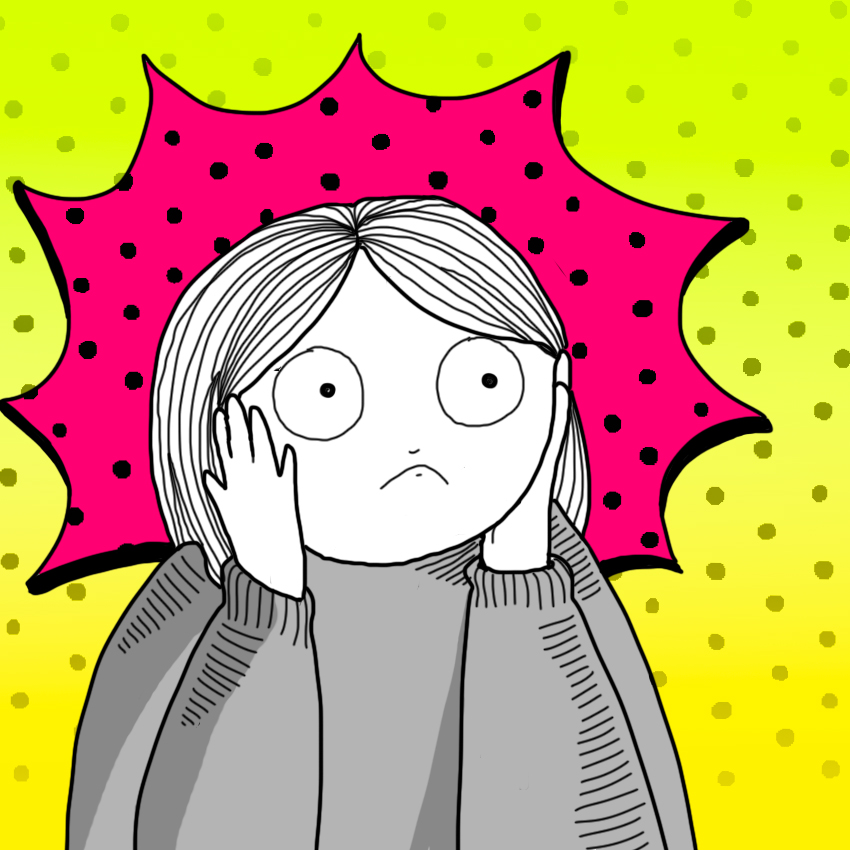
According to the National Institute of Mental Health:
Occasional anxiety is a normal part of life. You might feel anxious when faced with a problem at work, before taking a test, or making an important decision. But anxiety disorders involve more than temporary worry or fear. For a person with an anxiety disorder, the anxiety does not go away and can get worse over time.
What Causes Anxiety?
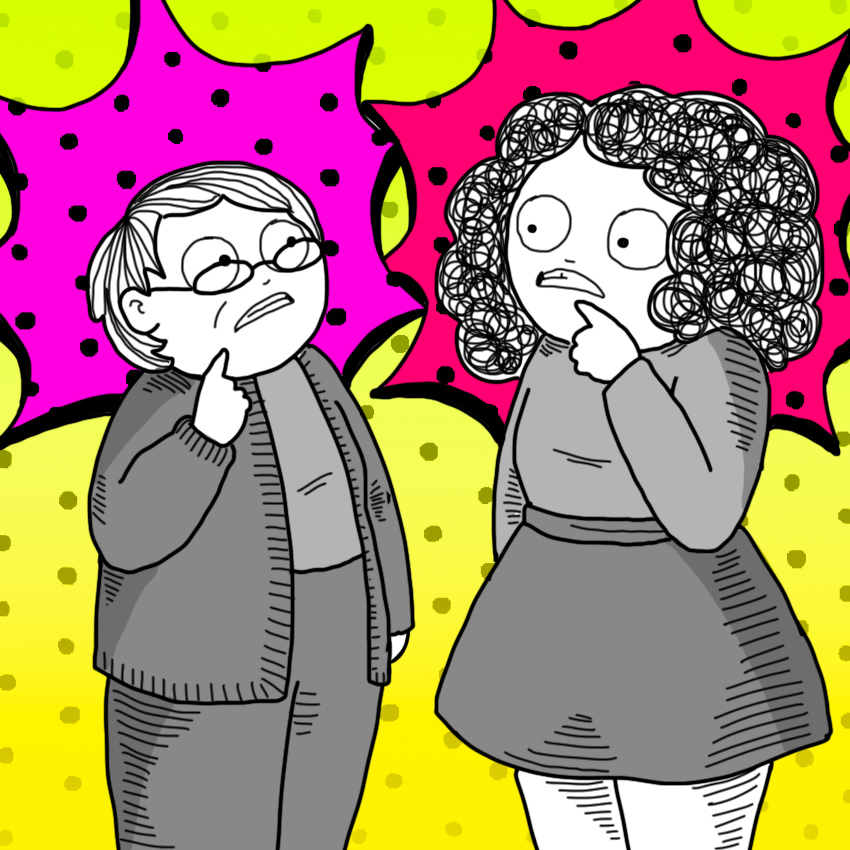
Anxiety has no one specific cause. That said, there are a variety of risk factors that can contribute to anxiety.
Some of these risk factors include trauma, personality type, stress due to illness, trauma, and having blood relatives with anxiety disorders.
The Mayo Clinic explains that one type of anxiety disorder is "due to a medical condition [which] includes symptoms of intense anxiety or panic that are directly caused by a physical health problem."
Medical Issues That Can Cause Anxiety #1: Heart Disease
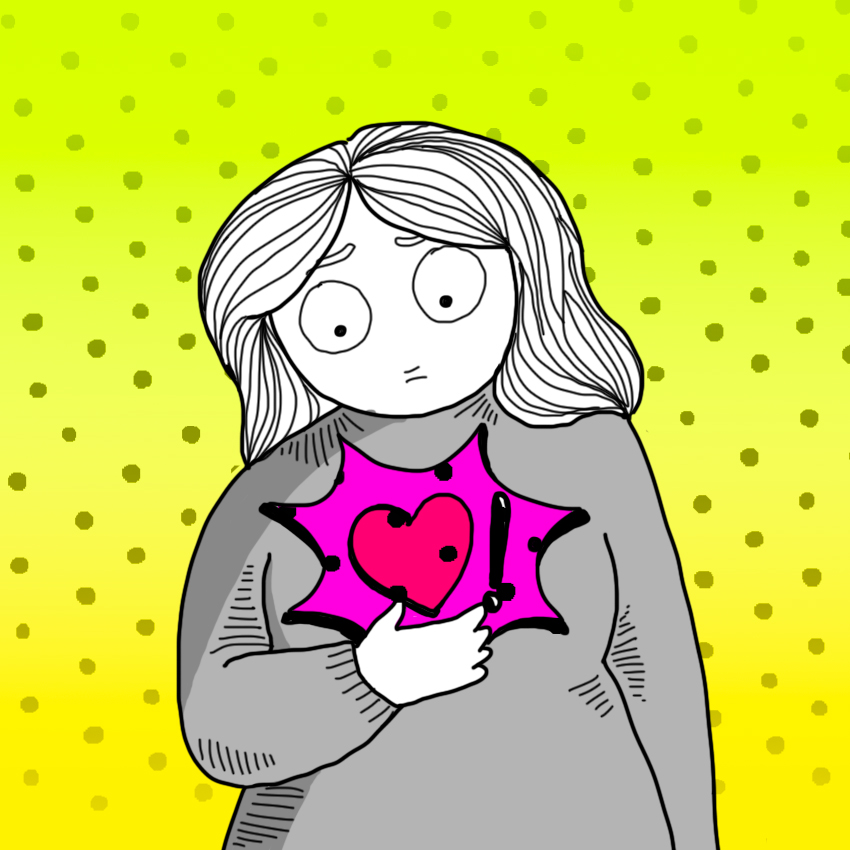
Heart disease and anxiety have many of the same symptoms, including chest pain and tightness, shortness of breath, nausea and fatigue, and pain.
If you're diagnosed with heart disease or have a heart attack, it can also cause your life to change a lot. You may have recurring thoughts about the incident, feel hopeless about the future, or be hesitant to live like you used to.
This can lead to a vicious cycle in which the heart disease causes more anxiety, which puts more stress on the heart. "When someone is anxious, their body reacts in ways that can put extra strain on their heart," explains Johns Hopkins Medicine.
#2: Anemia
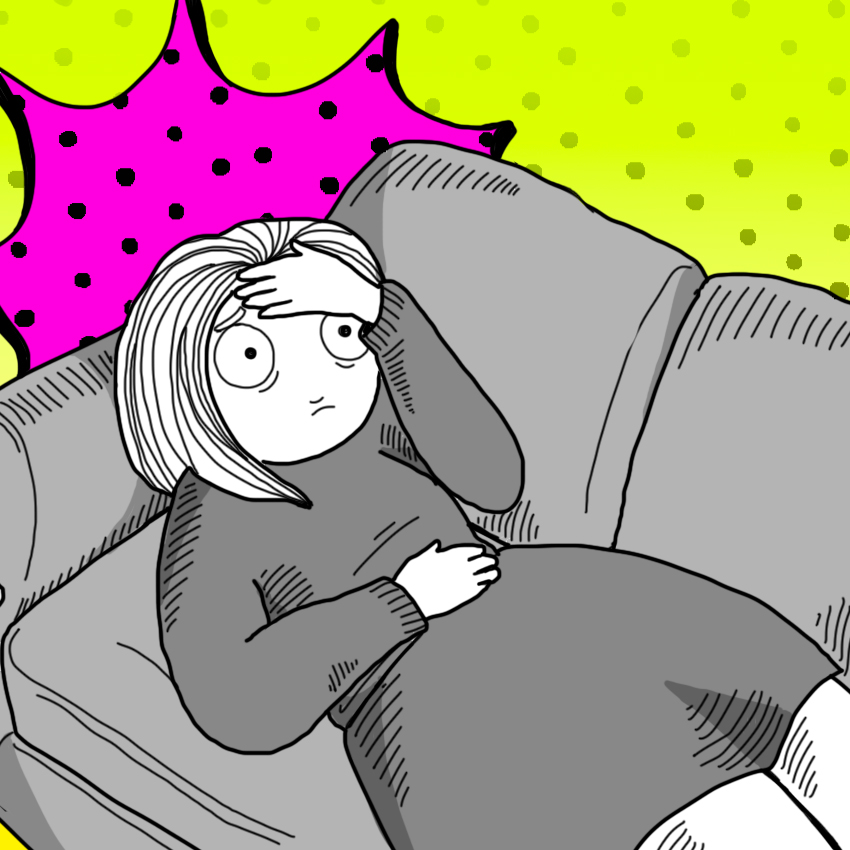
Anemia occurs when "your blood does not carry enough oxygen to the rest of your body," explains the US National Library of Medicine.
Anemia and anxiety share many of the same symptoms, including fatigue, irritability, shortness of breath, and headaches.
Having these symptoms without understanding the cause can cause more anxiety.
#3: Overactive Thyroid
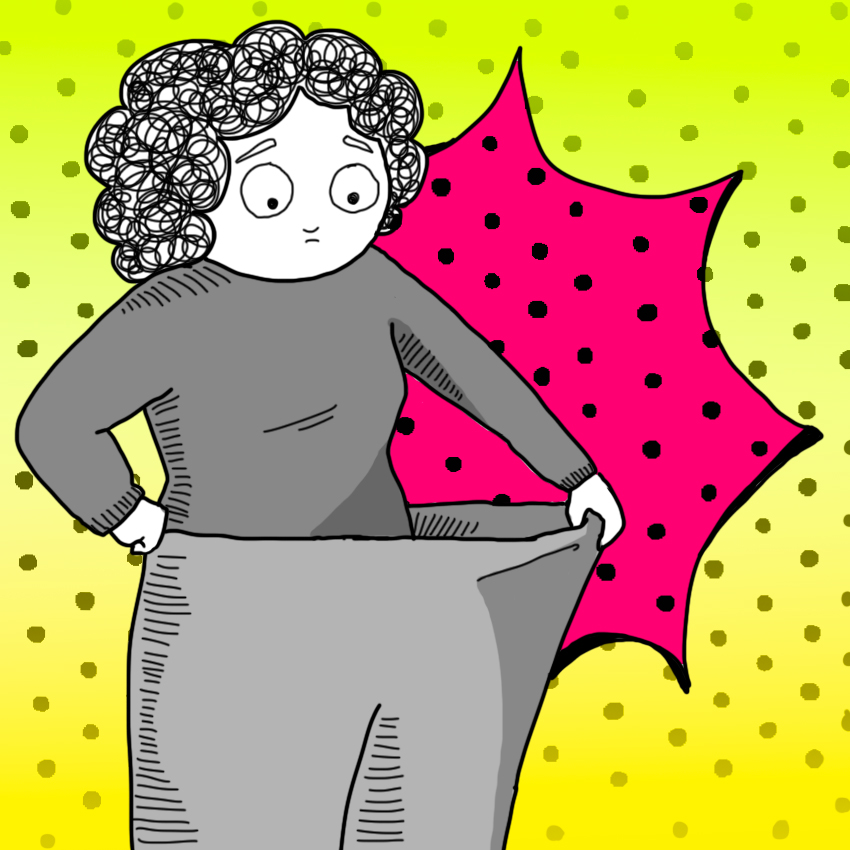
Overactive thyroid — or hypothyroidism — occurs when your thyroid gland produces too much of the thyroxine hormone.
The Mayo Clinic explains, "Hyperthyroidism can accelerate your body's metabolism significantly, causing sudden weight loss, a rapid or irregular heartbeat, sweating, and nervousness or irritability."
Thyroid problems have a direct effect on mental health. An underactive thyroid may cause fatigue and depression, while an overactive thyroid may cause insomnia and anxiety.
#4: Chronic Pain
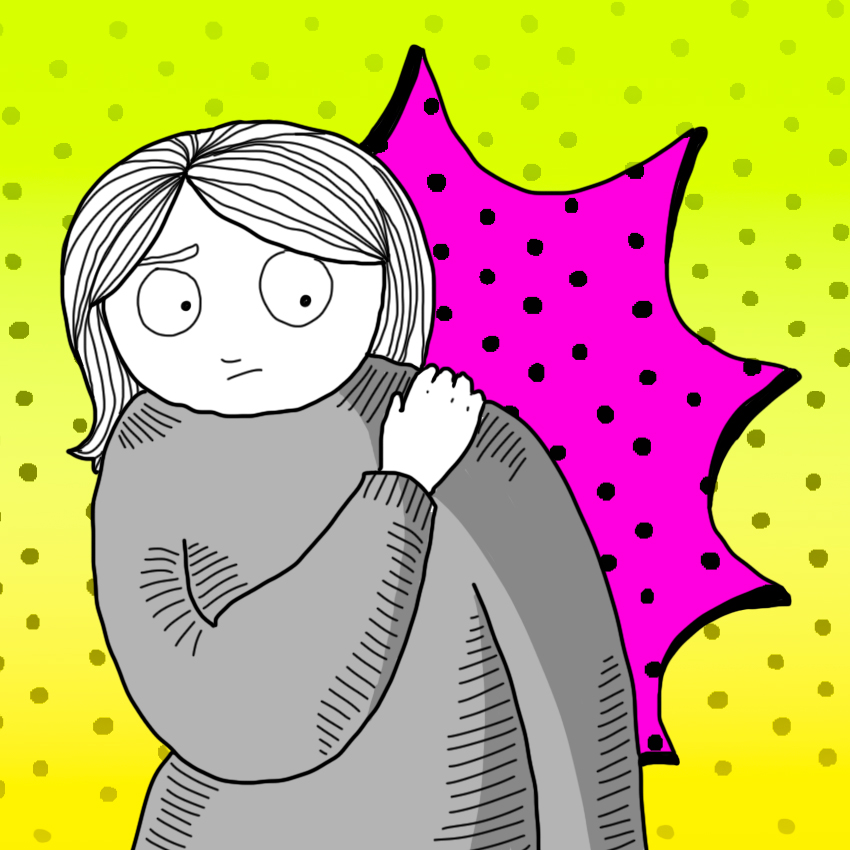
Chronic pain, which may last for weeks, months, or years, has no clear cause, but it can completely disrupt your life. Unfortunately, chronic pain and anxiety disorders often go hand in hand.
The Anxiety and Depression Association of America explains:
Pain can be a common symptom — and sometimes a good indicator — of an anxiety disorder, particularly generalized anxiety disorder (GAD). Beyond everyday aches and pains, some people will also suffer a diagnosed chronic pain disease such as arthritis or fibromyalgia. And a co-occurring chronic pain disease can make functioning even more difficult for someone with an anxiety disorder.
#5: Irritable Bowel Syndrome
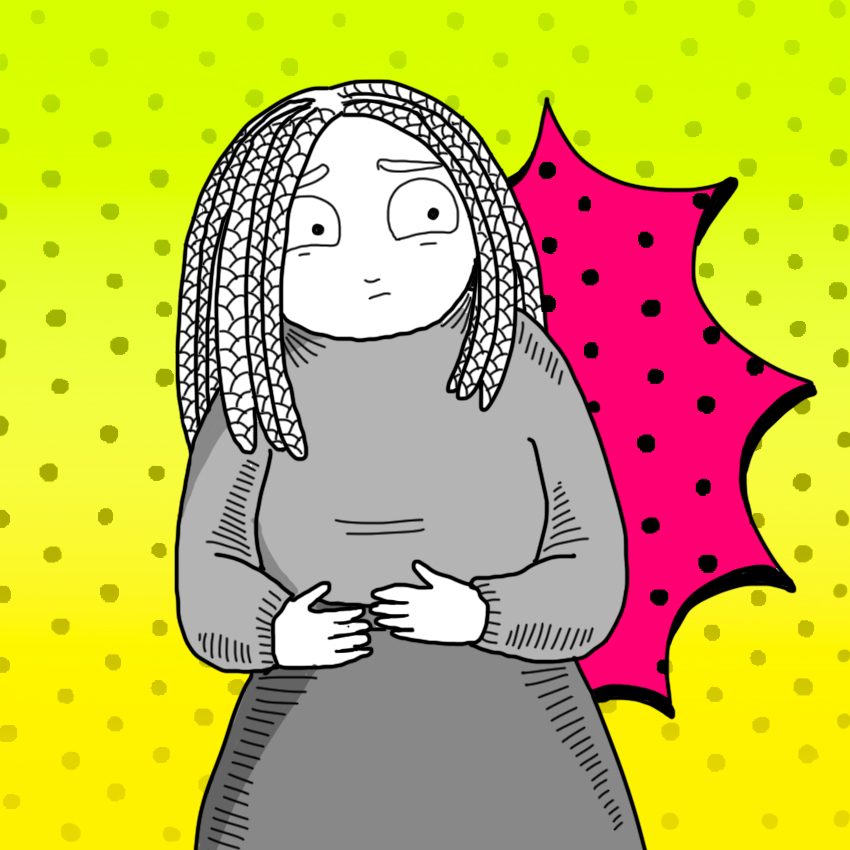
Irritable bowel syndrome (IBS) is a disorder affecting the large intestine. It can cause cramping, bloating, diarrhea and constipation, gas, and abdominal pain.
According to the Anxiety and Depression Association of America:
People with IBS frequently suffer from anxiety and depression, which can worsen symptoms. That’s because the colon is in part controlled by the nervous system, which responds to stress. Evidence also suggests that the immune system, also responding to stress, plays a role. IBS can also make you feel more anxious and depressed.
When To See A Doctor
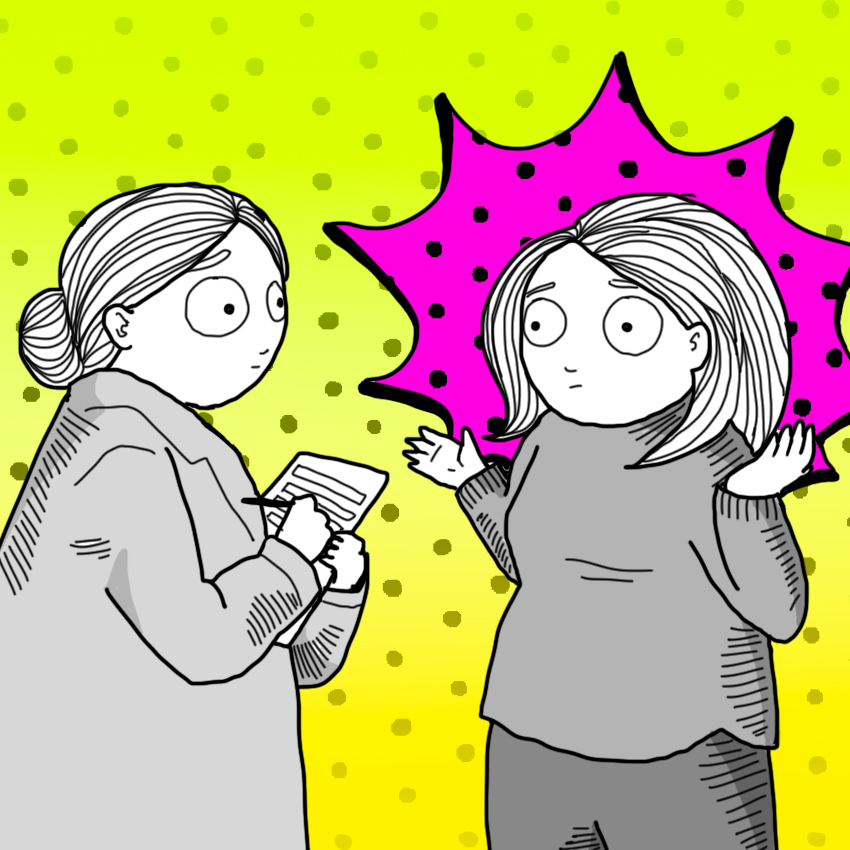
If you're experiencing any symptoms of the medical conditions above, or symptoms consistent with anxiety disorders, talk to your general practitioner about it.
Don't forget to SHARE this article with anyone you know who suffers from anxiety!




